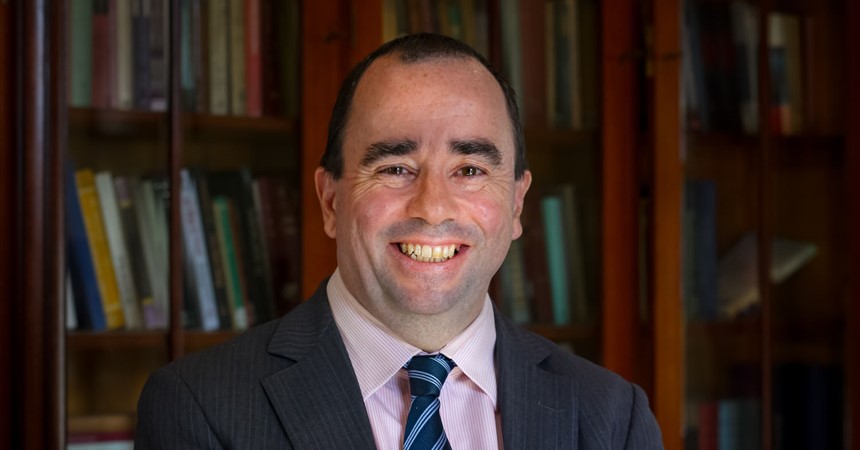This was advice from one of America’s founding fathers, Thomas Jefferson, to his nephew Peter Carr when the young man was commencing his studies. A beneficiary of the Enlightenment, Jefferson was front and centre in the Age of Reason — a statesman, diplomat, lawyer, and architect. Carr followed his advice and he too became a great supporter of education, setting up colleges in the US state of Virginia in the early 1800s.
In 1802, while serving as president of the US, Jefferson wrote to artist Charles Willson Peale of his concept of a university that would be "on the most extensive and liberal scale that our circumstances would call for and our faculties meet”, and it might even attract talented students from "other states to come, and drink of the cup of knowledge". Jefferson eventually founded the University of Virginia in 1819, conceiving and designing the original courses of study in the liberal arts tradition, as well as the original architecture.
The tradition of critical discourse or liberal arts started with Plato’s dialogues and the course of education outlined in Republic VII (527–34; 535–41). Liberal arts was considered essential education during the era of classical antiquity, and covered three subjects: grammar, rhetoric and logic, collectively known as the trivium.
In medieval times this was extended to include four further subjects — arithmetic, geometry, music and astronomy — named the quadrivium. The aim of a liberal arts education was to produce a virtuous and ethical person, knowledgeable in many fields and highly articulate.
Although modern liberal arts curriculums have a larger range of subjects, they still retain the core aims of the medieval universities: to develop well-rounded individuals with general knowledge of a wide range of subjects and with mastery of a range of transferable skills.
While liberal arts has long had an established place in the US higher education system, it has only recently resurfaced in continental Europe, where it originated. And now Campion College, in Toongabbie in Sydney’s west, describes itself as Australia’s first Catholic liberal arts institution.
Campion president Paul Morrissey says the college’s degree is designed as foundational education, teaching students to think critically about the world through the disciplines of philosophy, theology, history and literature.
“Students who complete a liberal arts degree gain ‘soft skills’, such as critical analysis, effective communication and even proficient literacy, which are designed to be applied to any field of work,” Dr Morrissey said. “There is more and more evidence these kinds of soft skills are increasingly sought-after.”
Liberal arts is not in competition with STEM (science, technology, engineering and maths), but is complementary. Business, it seems, wants self-motivated and articulate workers who can think on their own. It's not enough just to have tech skills.
Ideally, students attending Campion complete an undergraduate liberal arts degree, and then go on to specialise in postgraduate study and/or specific qualifications. Those three years as an undergrad do provide enough soft skills to enter the workforce, but also time to formulate other career plans.
Campion is still a young institution but did make the news during the Ramsay Centre for Western Civilisation’s search for a home. “The Ramsay Centre is simply trying to do what Campion is doing, and that is preserving and imparting the history, literature and ideas of the West,” Dr Morrissey said. “A liberal arts degree is about thinking critically, and that includes examining Western civilisation itself."
Dr Morrissey acknowledges the “long, proud history” liberal arts colleges have in the US. “Campion is on its own little frontier introducing a liberal arts degree to Australians,” he said. “But we feel what we’re doing is vitally important; that is, preserving the great cultural heritage of Western civilisation in a political climate that is increasingly hostile to its own past.”






















































































